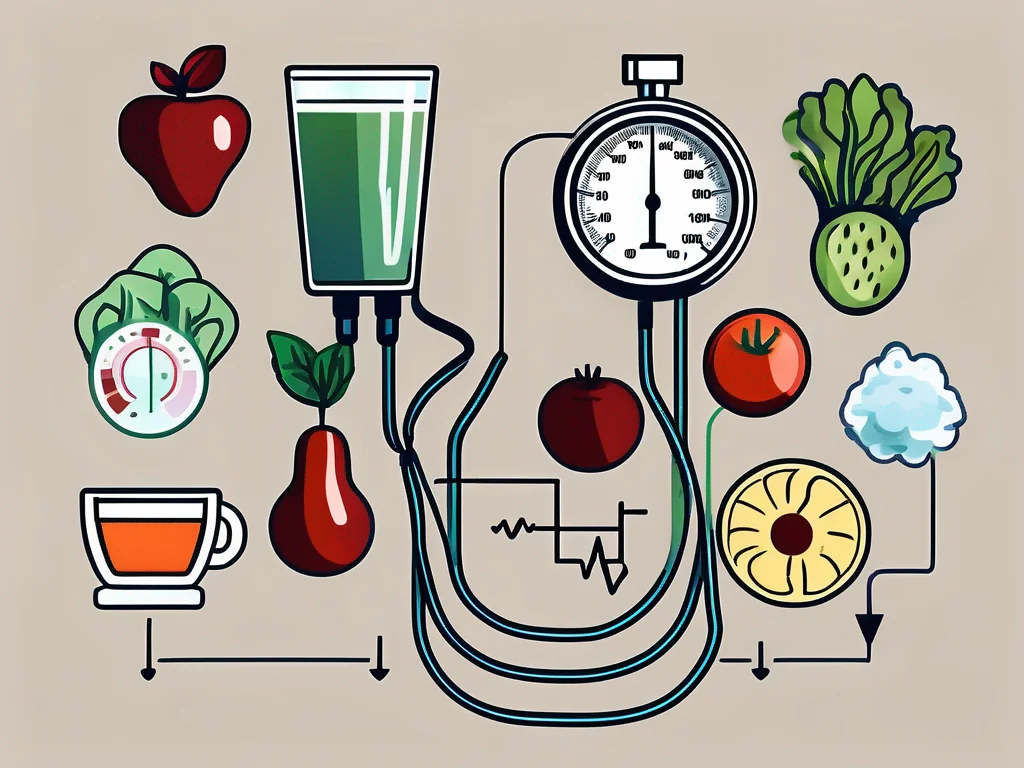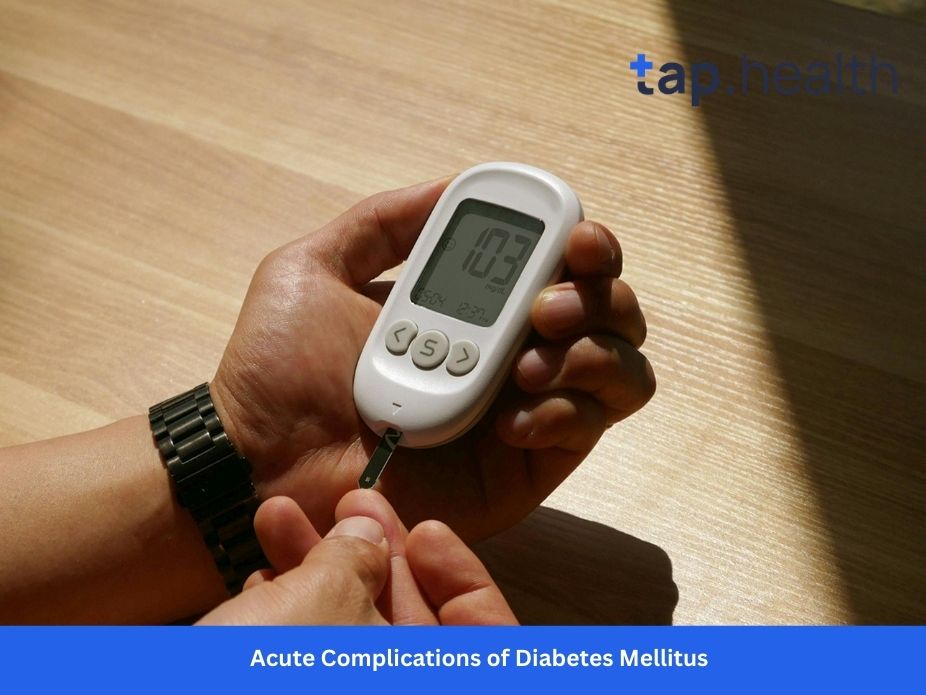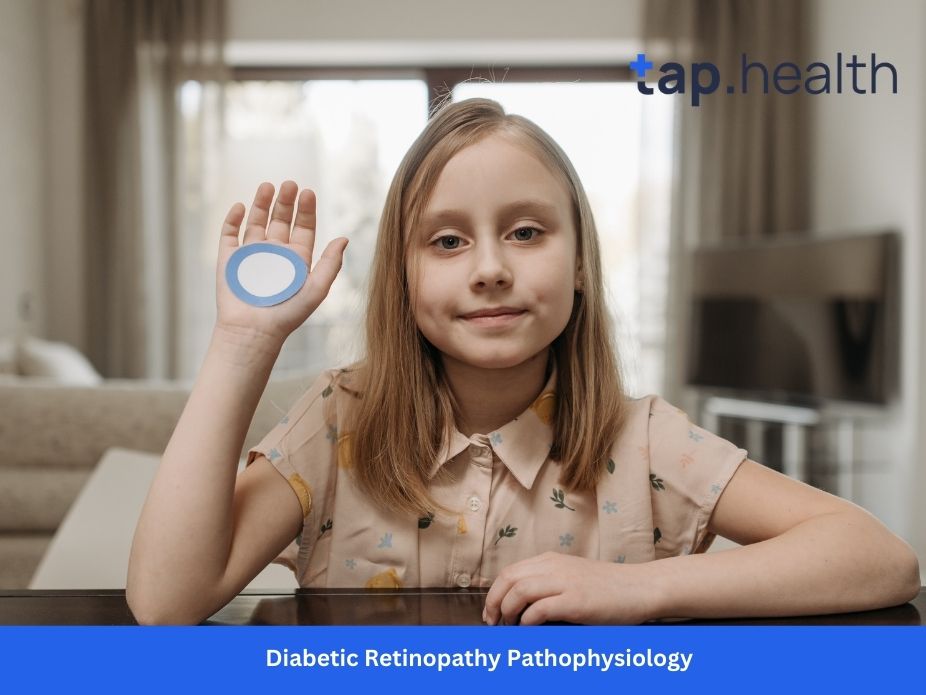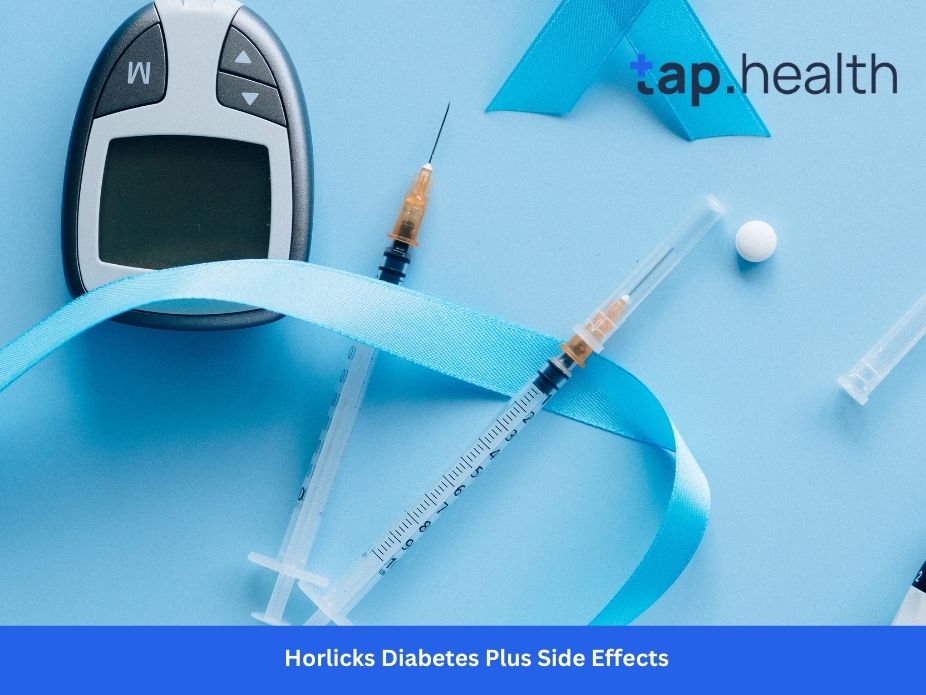Low blood pressure, or hypotension, can cause dizziness, fatigue, and even fainting, impacting daily life. Proper hydration, electrolyte balance, nutrition, and physical strategies are key to managing this condition effectively. This blog explores practical ways to address low blood pressure, including its causes, symptoms, remedies, and preventive measures, ensuring you maintain optimal cardiovascular health.
What Is Low Blood Pressure?
Q: What defines low blood pressure?
Low blood pressure is typically a reading below 90/60 mmHg. However, what’s considered “low” varies by individual, as some may feel fine with lower readings, while others experience symptoms even within normal ranges.
Q: Why is understanding low blood pressure important?
Recognizing low blood pressure is crucial because it can lead to symptoms like dizziness or fainting, affecting quality of life. Holistic assessment, including symptoms and overall health, helps determine if intervention is needed.
What Causes Low Blood Pressure?
Q: What are the main causes of low blood pressure?
Low blood pressure can stem from medical conditions like heart issues, hormonal imbalances, or neurological disorders. Other causes include dehydration, prolonged bed rest, and certain medications.
Q: Who is at risk for low blood pressure?
Risk factors include older age, pregnancy, and a family history of hypotension. Nutritional deficiencies in iron, vitamin B12, or folate can also contribute by affecting blood cell health and cardiovascular function.
What Are the Symptoms of Low Blood Pressure?
Q: What physical symptoms indicate low blood pressure?
Common signs include dizziness, lightheadedness, blurred vision, fatigue, cold or clammy hands and feet, and a weak or rapid pulse. Severe cases may involve nausea, shallow breathing, pale skin, or fainting.
Q: Can low blood pressure affect mental health?
Yes, hypotension can cause emotional and cognitive issues like anxiety, confusion, difficulty concentrating, mood swings, irritability, and memory problems, impacting overall well-being.
How Can You Address Low Blood Pressure Immediately?
Q: What are quick remedies for low blood pressure?
To alleviate symptoms, lie down and elevate your legs to improve blood flow to the brain. Slightly increasing salt intake can raise blood pressure by boosting blood volume, but consult a doctor first, especially if you have kidney issues.
Q: How does hydration help with low blood pressure?
Drinking water or electrolyte-rich beverages like sports drinks or coconut water combats dehydration, a common cause of low blood pressure, by restoring blood volume and stabilizing pressure.
Q: Are there over-the-counter solutions for hypotension?
Some over-the-counter medications with stimulants can temporarily raise blood pressure by constricting blood vessels. Always consult a healthcare provider before use, especially if you have other health conditions or take medications.
Why Are Hydration and Electrolytes Critical for Blood Pressure?
Q: How does hydration affect blood pressure?
Proper hydration maintains blood volume, preventing drops in blood pressure. Dehydration reduces blood volume, exacerbating hypotension symptoms, so drinking water regularly is essential.
Q: What role do electrolytes play in blood pressure regulation?
Electrolytes like sodium and potassium regulate fluid balance in the body. Imbalances can disrupt blood pressure. Foods like bananas, leafy greens, and avocados provide these nutrients to support healthy blood pressure levels.
What Nutritional Strategies Help Manage Low Blood Pressure?
Q: Which foods can boost blood pressure?
Foods high in salt, like pickles or olives, can temporarily raise blood pressure. Omega-3-rich foods, such as fatty fish and flaxseeds, support cardiovascular health. Always consult a doctor before adding supplements.
Q: Are there foods to avoid with low blood pressure?
Limit alcohol, as it dilates blood vessels, lowering pressure. While caffeine can temporarily raise blood pressure, excessive intake may cause side effects like insomnia or palpitations, so consume it moderately.
Can Physical Maneuvers Help Raise Blood Pressure?
Q: What physical techniques can increase blood pressure?
Simple maneuvers like crossing your legs or squeezing thigh muscles can boost blood flow to vital organs, raising blood pressure. Consult a healthcare provider to ensure these are safe for you.
Q: How does exercise benefit low blood pressure?
Regular activities like brisk walking, cycling, or swimming strengthen the heart and improve circulation, helping regulate blood pressure over time. Aim for at least 30 minutes daily.
What Is the Role of Caffeine in Managing Low Blood Pressure?
Q: How does caffeine affect blood pressure?
Caffeine temporarily raises blood pressure by constricting blood vessels and increasing heart rate. However, excessive consumption can lead to side effects like heart palpitations or insomnia.
Q: Should everyone with low blood pressure use caffeine?
Not necessarily. Caffeine sensitivity varies, and some individuals may experience exaggerated blood pressure spikes. Monitor your intake and discuss with a healthcare provider.
When Should You Seek Emergency Medical Attention?
Q: What symptoms require immediate medical help?
Seek emergency care if you experience severe symptoms like fainting, chest pain, or a sudden, unmanageable drop in blood pressure. These may indicate a serious underlying issue.
Q: How do you know if low blood pressure is an emergency?
If home remedies like hydration or leg elevation fail to raise blood pressure or alleviate symptoms, consult a healthcare professional promptly for further evaluation.
How Can You Prevent Low Blood Pressure?
Q: What lifestyle changes prevent low blood pressure?
Regular exercise, a balanced diet rich in electrolytes and nutrients, and stress management techniques promote cardiovascular health and stable blood pressure.
Q: How can monitoring help prevent hypotension?
Regularly checking your blood pressure detects fluctuations early, allowing timely interventions. Staying hydrated, especially during hot weather or exercise, also helps maintain optimal levels.
Conclusion
Managing low blood pressure involves understanding its causes, recognizing symptoms, and applying immediate remedies like hydration, electrolyte balance, and physical maneuvers. A nutrient-rich diet, moderate caffeine use, and regular exercise further support blood pressure regulation. Always consult a healthcare provider for personalized advice, especially before making dietary changes or using medications. By adopting these strategies and monitoring your health, you can maintain optimal blood pressure and enhance your overall well-being.



